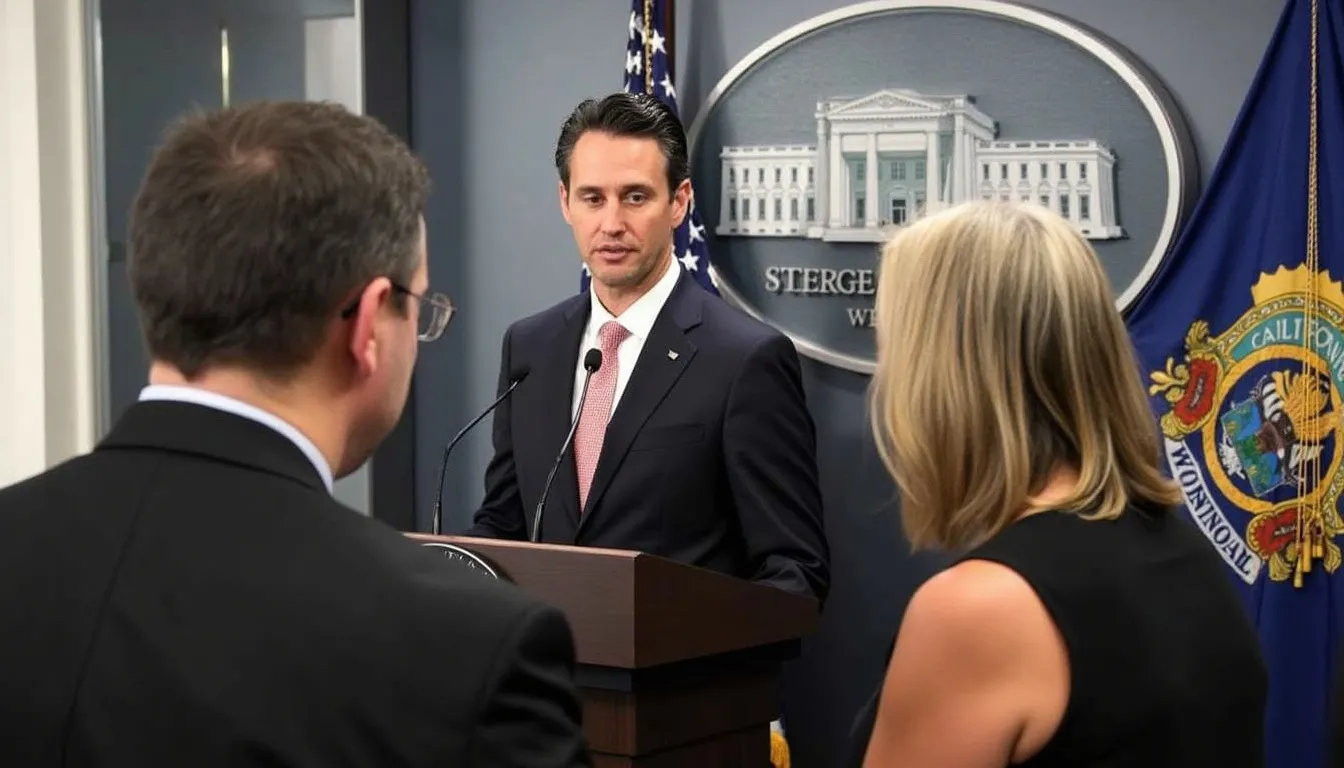Gavin Newsom’s Veto of AI Safety Bill SB 1047
California Governor Gavin Newsom recently vetoed SB 1047, a groundbreaking bill that sought to establish comprehensive safety measures for large artificial intelligence models. The bill, known as the Safe Secure Innovation Frontier Artificial Models Act, aimed to create a regulatory framework for AI investments exceeding $100 million, focusing on preventing potential risks, including catastrophic events.
The Controversy and Criticism
Although well-intentioned, Newsom criticized the bill for its lack of differentiation between AI systems in high-risk and low-risk environments. He argued that the legislation’s rigorous safety regulations would unnecessarily burden even the most basic functions of large AI systems, potentially hampering their development and operational efficiency.
The bill proposed stringent measures like mandating AI developers to submit detailed safety plans and incorporating a kill switch mechanism to deactivate malfunctioning AI models. This drew significant opposition from tech giants, startups, and various Democratic House members, including former U.S. House Speaker Nancy Pelosi, who feared that such regulations could stifle innovation and damage California’s thriving tech industry.
Alternative Routes and National Implications
In place of SB 1047, Governor Newsom announced a new initiative to work collaboratively with industry experts, including AI pioneer Fei-Fei Li, to develop pragmatic guidelines for deploying generative AI models safely. He also directed state agencies to expand their risk evaluations concerning AI technologies, particularly the safety concerns impacting critical infrastructure.
This veto comes as the United States lags behind Europe in regulating AI, where the bill was anticipated to set a precedent for national AI safety standards. President Joe Biden has called on global leaders to establish guidelines for AI usage that prioritize human safety, emphasizing the importance of international cooperation in this domain.
Legislative Support and Future Directions
Despite its eventual veto, SB 1047 had garnered significant legislative support, passing the state assembly with a vote of 48-16 and the Senate with a 30-9 vote. However, the political resistance from some California Democrats and key figures in the tech industry highlighted the contentious nature of regulating rapidly advancing AI technologies.
Governor Newsom has shown a commitment to addressing AI-related concerns, evidenced by his recent enactment of 17 AI-related bills targeted at issues such as election deepfakes, unauthorized AI use in Hollywood, and the regulation of AI-generated explicit content. Moving forward, Newsom indicated his intention to continue collaborating with the Legislature to find a balanced approach to AI regulation that safeguards public safety while fostering innovation.




